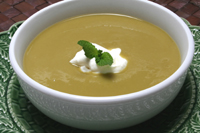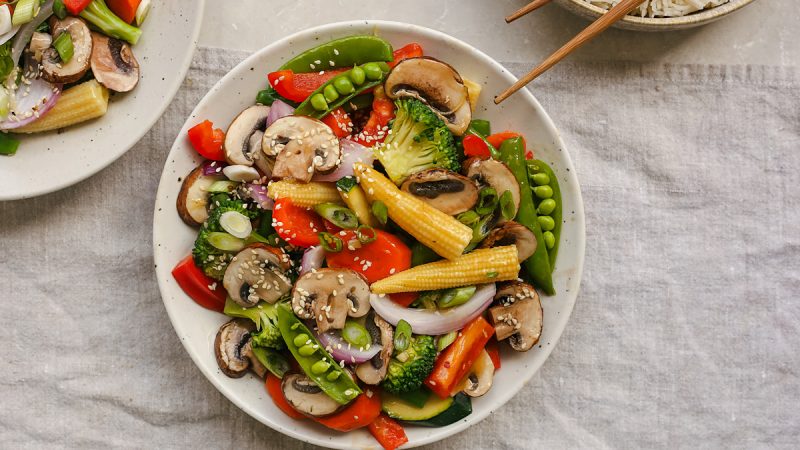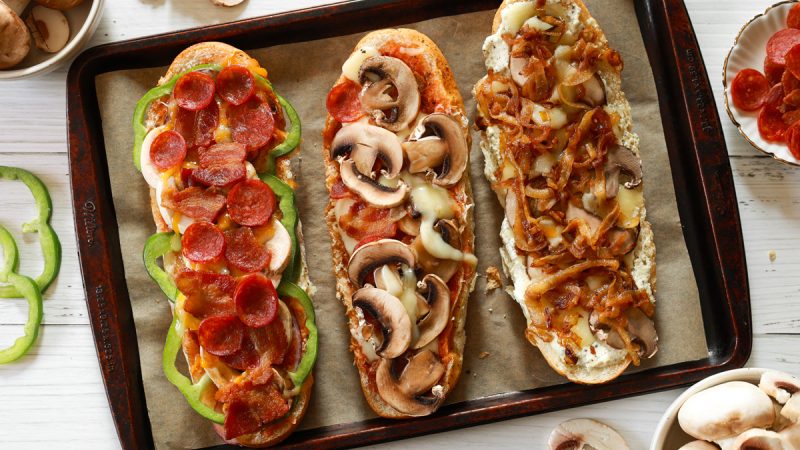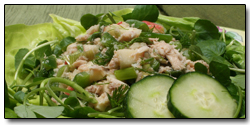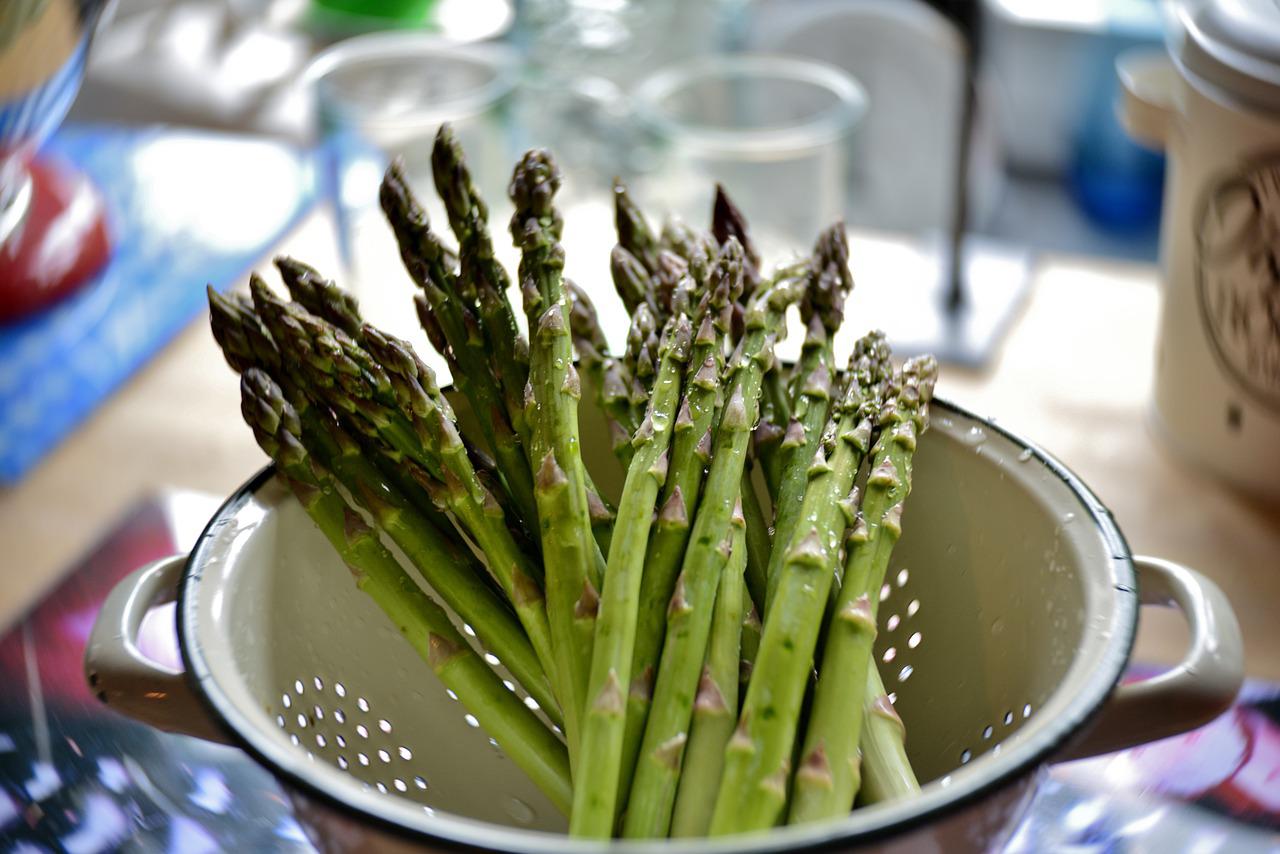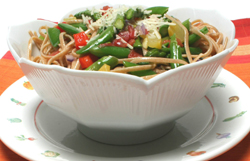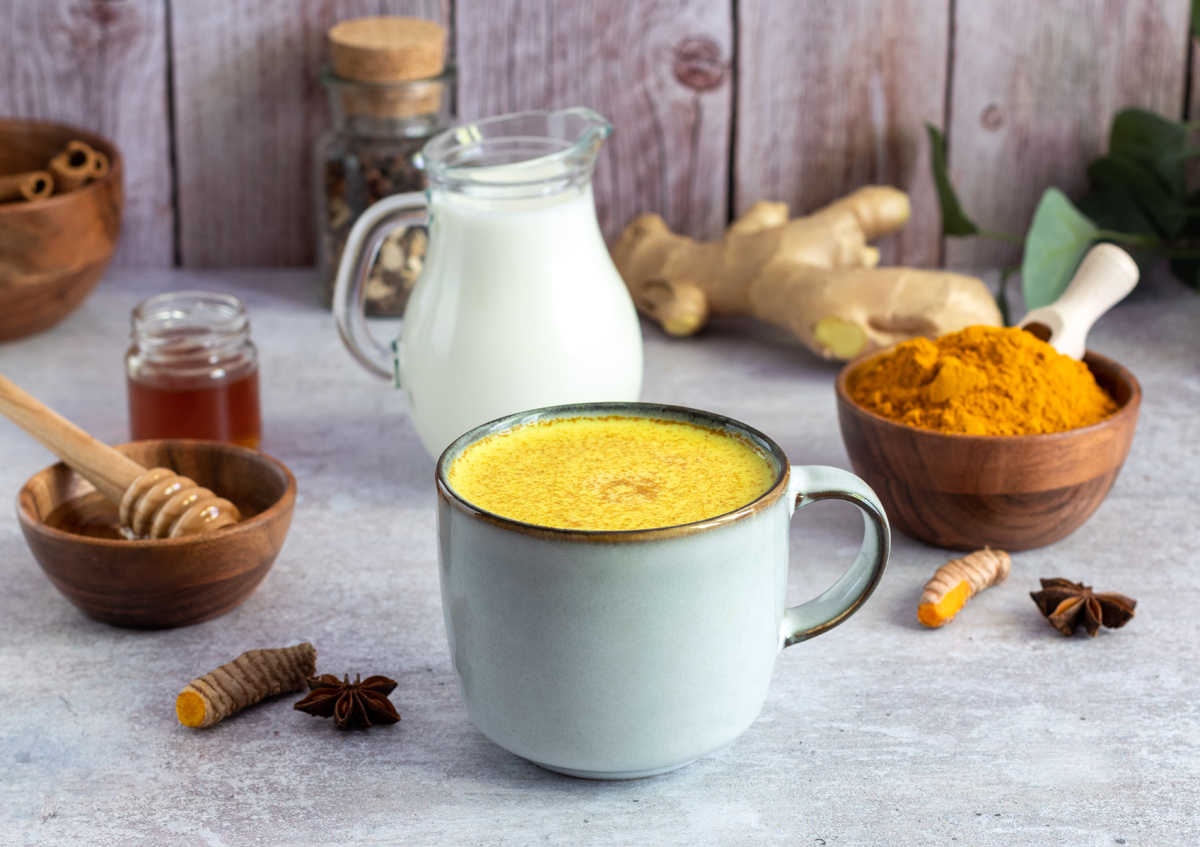Pork Medallions with Blackberry Pan Sauce
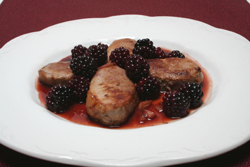
Growing up in the city, I was lucky that my parents drove out to the country so we could pick wild berries in the summer and visit a pick-your-own apple orchard in autumn. They also took me to a country fair to see cows, chickens and pigs up close and to taste old-fashioned homemade pickles and jams.
Thanks to my parents’ love of the country, I was comfortable later on tramping through some local fields and was able to recognize a thicket of bushes as a huge blackberry bramble. Coming back regularly after the weather turned warm, I watched the bushes flower, then become loaded with big, fat berries. I then waited attentively for the glossy berries to start looking dull. For blackberries, this signals they are fully ripe.
When the time was right, I went back with a big plastic bucket and spent the afternoon picking berries and ducking wasps. (Insects love sweet fruit and zero right in on it, so seeing them is another sign that fruit is ripe.)
I had already found a store selling canning jars and was ready to turn my berries into jam. Instead of buying the usual pectin to set jellies and jams, I decided to use the traditional method of wrapping pectin-rich apple skins and cores in cheesecloth and boiling them with the fruit and sugar in an enormous pot, taking the risk that the proportions would be right and the jam would set. It came out perfectly: fifteen half-pint jars of luscious, homemade blackberry jam. I felt as proud as a pioneer woman who had crossed the Great Plains in a covered wagon.
The next year, I ended up with blackberry syrup, so now I add pectin for extra insurance. And I have learned to use blackberries in other ways.
Desserts are an obvious way to enjoy blackberries, but I think you will also like them in this pork entrée. An easy sauté, its colorful sauce is made in the same pan as the meat. Ready in minutes, this sauce is equally good on pork or turkey cutlets.
Pork Medallions with Blackberry Pan Sauce
– Makes 4 servings.
- 1 large pork tenderloin (12-14 oz.)
- 1 Tbsp. canola oil
- 2 Tbsp. finely chopped shallots
- 1/2 cup pomegranate concentrate or juice
- 1-2 Tbsp. honey
- 1/2 tsp. dried oregano
- Pinch of ground chipotle chile powder or 1/4 tsp. finely-chopped canned chile
- Salt and freshly ground black pepper to taste
- 1 container (6-oz.) fresh blackberries, about 1 1/2 cups
Preheat the oven to 250 degrees.
Cut the tenderloin crosswise into 12 slices, about half-inch thick for the round part, longer at the thin end. One at a time, stand the pieces on wax paper, cover with another sheet of paper, and pound to an even thinness using a meat-pounder or the side of a heavy knife.
Heat the oil in a large skillet over medium-high heat. Brown the meat well on both sides, using tongs to turn the medallions after about 4 minutes, and cooking them until they are no longer pink in the center, about 8 to 10 minutes in all. Transfer the meat to a heatproof plate and cover loosely with foil. Place the meat in the oven to keep warm.
Add the shallots and juice to the pan, scraping vigorously with a wooden spoon to gather up all the browned bits. Reduce the heat to medium, add 1 Tbsp of the honey, the oregano and chipotle pepper. Simmer 1 minute. Add salt and freshly ground black pepper to taste. Mix in the remaining honey, if desired. Add the berries and cook until they are heated through and lighter in color, 2 minutes.
Divide the meat among 4 dinner plates, spoon on the sauce and serve immediately.
Per serving: 188 calories, 7 g. total fat (1 g. saturated fat), 14 g. carbohydrate, 19 g. protein, 2 g. dietary fiber, 48 mg. sodium.
The Author:
“Something Different” is written by Dana Jacobi, author of 12 Best Foods Cookbook and contributor to AICR’s New American Plate Cookbook: Recipes for a Healthy Weight and a Healthy Life.
AICR’s Nutrition Hotline is a free service that allows you to ask a registered dietitian questions about diet, nutrition and cancer. Access it online at www.aicr.org/hotline or by phone (1-800-843-8114) 9 a.m. to 5 p.m. ET Monday-Friday. AICR is the only major cancer charity focused exclusively on the link between diet, nutrition and cancer. It provides education programs that help Americans learn to make changes for lower cancer risk. AICR also supports innovative research in cancer prevention and treatment at universities, hospitals and research centers. It has provided more than $78 million for research in diet, nutrition and cancer. AICR’s Web address is www.aicr.org.

